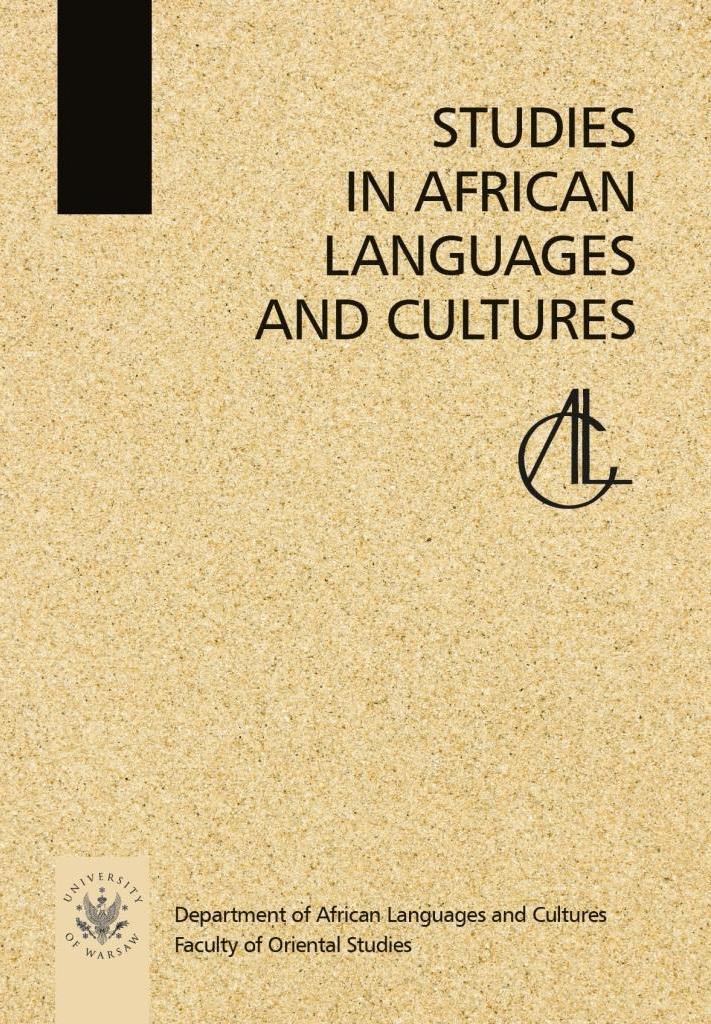Sokoto Caliphate scholars and the classical Islamic philosophers: issues in divine command theory of ethics
Sokoto Caliphate scholars and the classical Islamic philosophers: issues in divine command theory of ethics
Author(s): Abubakar Zaria IbrahimSubject(s): Non-European Philosophy, Ethics / Practical Philosophy, Social Philosophy, Philosophy of Religion
Published by: Wydawnictwa Uniwersytetu Warszawskiego
Keywords: Hausaland; ethics; Islam; divine command theory; culture; caliphate; leadership; good governance
Summary/Abstract: Western philosophers formulated ethical theories such as egoism, virtue, existentialism, deontology, contractualism and utilitarianism, and illustrated how these are applicable in benefitting individuals and societies in building a complete moral life. Interestingly, there existed some societies that had little or no contact with the West but which have also developed morally acceptable ideas of living. Such are, for example, the Muslims that have established kingdoms and empires all over Asia, Middle East and Africa. The ethical principles developed by these societies may be what we can call a divine command theory, which of course also exists in the West. It is a theory which follows religious beliefs and sources. The Muslims, who practice the religion of Islam, have intellectuals, scholars and thinkers who were philosophically inclined. This paper demonstrates that the Sokoto Caliphate scholars, trailing the classical Islamic philosophers, used the highest book of authority in the religion, the Qur’an, to explain life. The Qur’an is closely supported by the hadith [sayings, actions and approvals of the Prophet of the religion]. For the fact that the Sokoto Caliphate scholars, especially the triumvirates of Uthman ibn Fodiye, Abdullahi and Bello lived a practical life as religious and political leaders, some of their divine command ethics centred on leadership. They explain the foundation and qualities of leadership, good governance, management of public affairs and struggle against corruption. We shall attempt to apply an analytical, though historical lens to point out and analyse the ethical foundations of leadership articulated by the triumvirates
Journal: Studies in African Languages and Cultures
- Issue Year: 2017
- Issue No: 51
- Page Range: 87-119
- Page Count: 33
- Language: English

